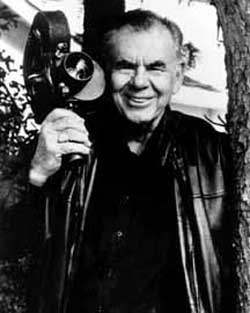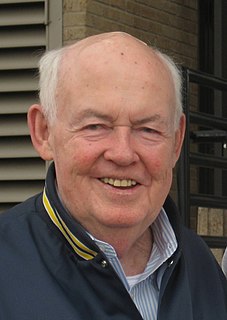A Quote by Harry Browne
I'm old enough to remember the end of World War II. On Aug. 14, 1946, a year after the Japanese were defeated, most newspapers and magazines had single articles commemorating the end of the war.
Related Quotes
It's important to remember that World War II was experienced very much as a continuity in that sense. Most of World War II in most of Europe wasn't a war; it was an occupation. The war was at the beginning and the end, except in Germany and the Soviet Union, and even there really only at the end. So the rest of time it's an occupation, which in some ways was experienced as an extension of the interwar period. World War II was simply an extreme form, in a whole new key, of the disruption of normal life that began in 1914.
I was born just after the end of World War II, and with my friends in our little suburban backyards in New Jersey, we used to play war a lot. I don't know if boys still play war, they probably do, but we were thrusting ourselves into recent history and we were always fighting either the Nazis or the Japanese.
At the beginning of World War II the U.S. had a mere 600 or so first-class fighting aircraft. We rapidly overcame this short supply by turning out more than 90,000 planes a year. The question at the start of World War II was: Do we have enough funds to produce the required implements of war? The answer was No, we did not have enough money, nor did we have enough gold; but we did have more than enough resources. It was the available resources that enabled the US to achieve the high production and efficiency required to win the war. Unfortunately this is only considered in times of war.
Men's magazines in the period immediately after World War II were almost all outdoor-oriented. They were connected to some extent in the male bonding that came out of a war... And what I tried to create was a magazine for the indoor guy, but focused specifically on the single life: in other words, the period of bachelorhood before you settle down.
I'm sort of optimistic about what we could do, but I'm very pessimistic about what we will do. I can't tell you that Al Gore's 10-year plan is impossible. I'm old enough to remember the Second World War - if we had a World War II-type mobilization, we might accomplish Gore's plan. In 1940 we were making tens of thousands of automobiles, and in 1941 we were making tens of thousands of airplanes. We mobilized as a nation. If we get that kind of mobilization as a nation or globally, then we could solve a lot of these problems.
However, there is a fundamental difference between the issue related to Japan's history and our negotiations with China. What is it all about? The Japanese issue resulted from World War II and is stipulated in the international instruments on the outcomes of World War II, while our discussions on border issues with our Chinese counterparts have nothing to do with World War II or any other military conflicts. This is the first, or rather, I should say, the second point.






































